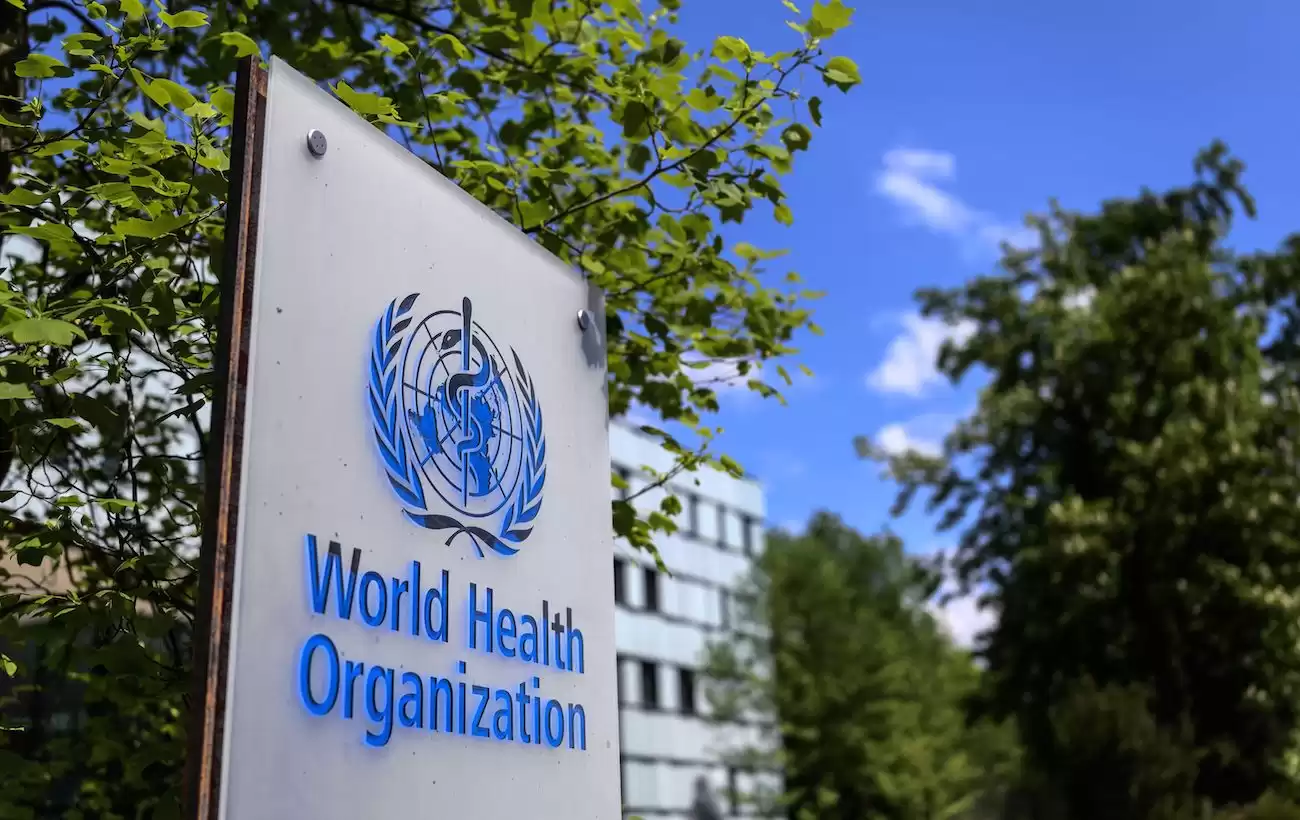"WHO Claims Aspartame, an Artificial Sweetener, Possibly Linked to Cancer; Guidelines Unaltered"
The World Health Organization (WHO) has classified aspartame as "possibly carcinogenic to humans" due to limited evidence showing a potential link between aspartame and liver cancer. However, the WHO's Joint FAO/WHO Expert Committee on Food Additives (JECFA) found the association between aspartame consumption and cancer in humans unconvincing and did not change the acceptable daily intake of 40 mg/kg per body weight. The WHO is advising moderation and suggests drinking water instead. The US FDA disagrees with the WHO's conclusion, stating that aspartame has been heavily studied and is safe.
The World Health Organization (WHO) has recently classified aspartame, a popular artificial sweetener, as "possibly carcinogenic to humans." This classification comes after an analysis conducted by the organization's International Agency for Research on Cancer (IARC), which found "limited evidence" suggesting a potential link between aspartame and liver cancer. The IARC's findings were based on scientific data from various sources, including peer-reviewed papers, government reports, and regulatory studies. However, the organization acknowledges that other factors, such as lifestyle habits or exposure to other carcinogens, could have contributed to the increase in cancer cases.
On the other hand, the Joint FAO/WHO Expert Committee on Food Additives (JECFA), a separate committee, reviewed the evidence and found the association between aspartame consumption and cancer in humans unconvincing. As a result, they did not change the acceptable daily intake of 40 mg/kg per body weight. This means that most adults can continue to consume nine to 14 cans of diet soda per day without exceeding the recommended intake.
The WHO's nutrition and food safety director, Francesco Branca, emphasized that the organization is not advising companies to withdraw products containing aspartame or advising consumers to stop consuming them altogether. Instead, they are encouraging moderation. Branca suggests that consumers consider drinking water as an alternative to sweetened beverages and limit the consumption of sweetened products in general. He highlights the availability of alternatives that do not contain either free sugars or sweeteners, which should be preferred by consumers.
Aspartame is currently found in over 6,000 products, including diet sodas, cereal, ice cream, drink mixes, chewing gum, and sugar-free foods. The IARC has classified aspartame as a "Group 2B" carcinogen, which means there is limited evidence for cancer in humans or convincing evidence for cancer in experimental animals, but not both.
However, not everyone agrees with this classification. The U.S. Food and Drug Administration (FDA) disagrees with the IARC's conclusion, citing deficiencies in the data relied upon by the IARC. The FDA acknowledges the challenge of navigating different information from health organizations but maintains that aspartame has been extensively studied and is safe for consumption.
The American Beverage Association, a lobbying group representing major companies such as The Coca-Cola Co., PepsiCo, and Keurig Dr. Pepper, released a statement supporting the safety of aspartame. They reference the WHO's conclusion that there is no sufficient reason to change the previously established acceptable daily intake and highlight the FDA's position on the matter.
While some scientists and the artificial sweetener industry express concerns that the WHO's classification may confuse consumers, Mary Schubauer-Berigan from the IARC hopes that it will encourage further research on the potential carcinogenic hazards of aspartame consumption.
The WHO, IARC, and FDA have all been reached out to for comment on this matter. They have stated that they will continue to monitor new evidence and ensure that their evaluations are independent and reliable.











Comments on "WHO Claims Aspartame, an Artificial Sweetener, Possibly Linked to Cancer; Guidelines Unaltered"